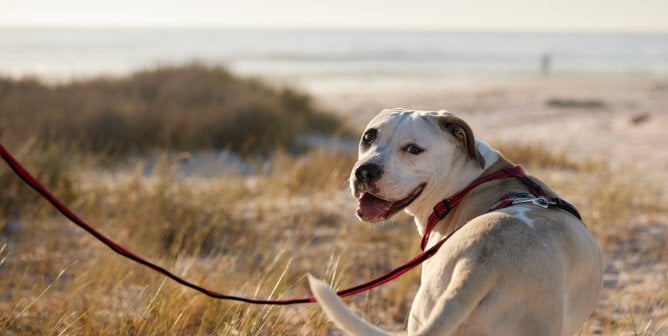Perhaps because of the perilous misconception that guinea pigs, or cavies, make great “starter pets” for children, these fragile animals have become popular “pocket pets.” Despite their popularity, guinea pigs aren’t worth as much as a bag of dog food to the stores that peddle them. Pet stores’ negligent policies often result in their cruel mistreatment. PETA has received reports revealing that pet store managers have instructed their staff not to seek veterinary care for sick guinea pigs, that guinea pigs were shipped to pet stores when they were too young to be weaned, that they were found to have fungus around their eyes and noses, that their habitats were teeming with mites, and that some have died from mistreatment and neglect.
How to Spot Neglect
Look for the following signs of neglect:
- swollen feet, runny eyes, lethargy, rashes, sores, bruises, hair loss, lice, or matted fur
- filthy cages, cages in direct sunlight, or cages with mesh floors—which trap small feet and are uncomfortable
- room temperatures below 65 or above 80 degrees Fahrenheit (Guinea pigs can develop respiratory infections if the temperature is too cold, and can succumb to heat stroke if the temperature is too hot.)
- bedding made of cedar or air-dried pine shavings, which are toxic to small animals (If wood shavings are used, they should be aspen, or pine that has been kiln-dried to less than 9% moisture or with no discernable pine odor.)
- a lack of food or water
- dirty water
See PETA’s factsheet on pet shops for more information on alerting authorities to possible abuse or neglect.
Adoption
If you’re willing to open your home to one or, preferably, two guinea pigs, please adopt from a shelter or rescue group—two rescue groups are listed below this article. Before you adopt, though, be prepared to care for your guinea pig for as long as seven years or more and to spend about $20 per week on food, hay, bedding, etc. An exotic-animal veterinarian will need to see your new animal companion annually and can also help with regular nail trimming—which is a must. If you’re housing a male and female together, you must also have them sterilized. However, spay/neuter surgeries are more dangerous to perform on small animals, so it’s preferable to house females with other females and males with no more than one other male—three or more males will fight with one another.
Provide your guinea pig with the following necessities:
- high-quality timothy or orchard grass hay available 24/7 for burrowing and grazing (For young, pregnant, or nursing guinea pigs, a small amount of alfalfa hay should also be added.)
- timothy hay–based guinea pig food pellets (not rabbit pellets), placed in a heavy food bowl
- small amounts of vegetables, such as lettuce, kale, cilantro, cucumbers, carrot tops, and bell peppers (no sweets, meats, or dairy products)
- a daily source of vitamin C, which is available in various forms from pet supply stores (Some commercial guinea pig food comes with stabilized vitamin C—and certain fresh foods, including red bell peppers, parsley, spinach, mustard greens, kale, and broccoli are also good sources of vitamin C). Guinea pigs will become very ill if they become deficient; aim for at least 25mg vitamin C per day, per guinea pig
- safe chew toys such as dried branches of apple, mulberry, willow, maple, pear, poplar, or pecan trees; cardboard, dried bamboo, or commercially available toys made from hay, grass, or other safe materials
- a cage that is at least 10.5 square feet for one pair of guinea pigs or 13.5 square feet for a trio (larger is always better)
- daily cage or enclosure cleanings (Remove all substrate and wipe the floor with a gentle cleaner such as diluted vinegar, then dry with a paper towel.)
- daily exercise in a safe, securely enclosed room
- fresh water in a heavy ceramic or glass bowl, as well as in a bottle with a sipper tube—check the tube daily for clogs
- a weekly exam to closely check their ears, teeth, and body for any health concerns, as well as a gentle brushing and nail trims as needed
- hiding places (at least one per guinea pig) such as huts, houses, and tunnels made of wood, plastic, grass, or vegan fleece
- bedding such as vegan fleece, towels, or handmade cage liners; aspen shavings (or pine shavings that are kiln-dried and have no discernable pine scent); or paper bedding made for small animals
Resources
Text VEG to 73822 to get the latest vegan lifestyle tips, recipes, and urgent action alerts texted right to your phone.
Terms for automated texts/calls from PETA: https://peta.vg/txt. Text STOP to end, HELP for more info. Msg/data rates may apply. U.S. only.







